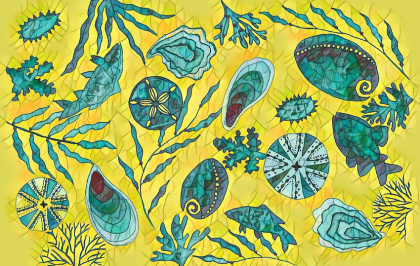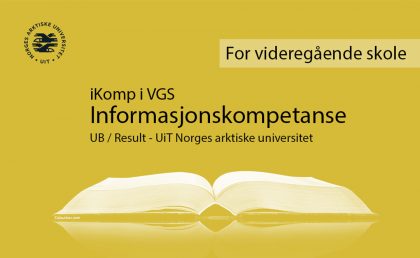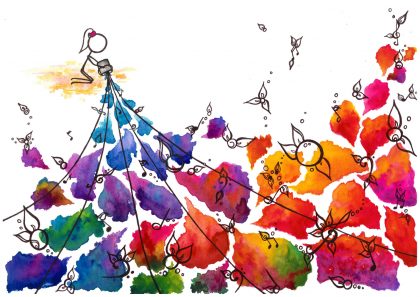
Kursbeskrivelse
About This Course
Climate change and increased pressures on freshwater and land resources have affected our capacity to produce food for the growing population. As a result, food security has become one of the most pressing challenges we are currently facing. In search of a solution, our attention has turned to marine aquaculture. Food coming from marine aquaculture is known to have some of the lowest carbon footprints among animal products. Moreover, producing marine food at a lower trophic level delivers additional environmental benefits through ecosystem services, which are fundamental to creating a sustainable food system.
This interdisciplinary online course on Sustainable Aquaculture for Low Trophic Species takes you on a journey of exploring the principles and practices of low trophic aquaculture. The course provides a holistic view of the most recent developments in low trophic aquaculture, focusing on selected species groups, including molluscs, echinoderms, macroalgae and freshwater fish. Throughout the course, we will cover various topics, including the biology of the four species groups, the design and operation of the cultivation practices, and their environmental impact. Furthermore, you will explore the economic and social aspects of aquaculture and the policies and regulations that govern the industry. The interdisciplinary approach will deepen your understanding of the subject matter and provide you with the knowledge and skills essential to contribute to a sustainable industry.
Mer info




